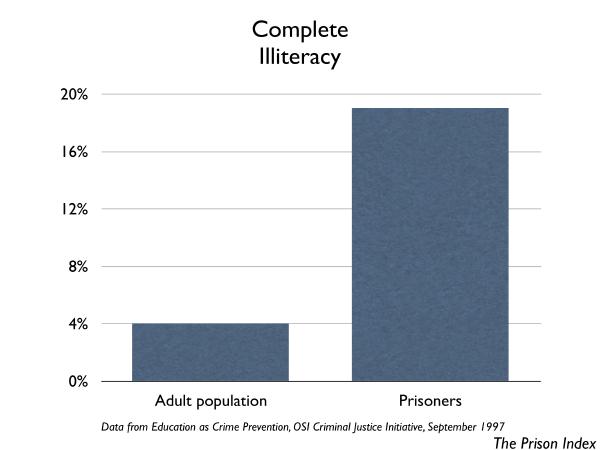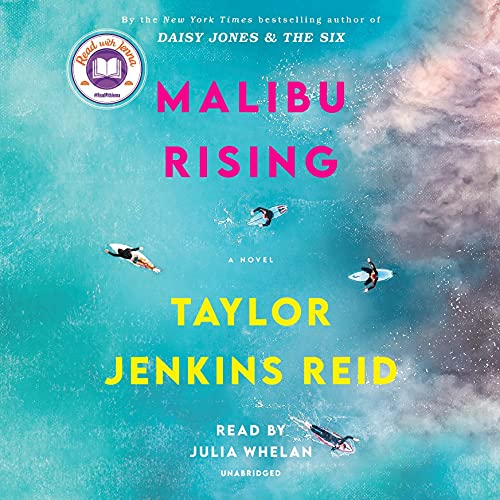Strategies for Long Term Memory Storage
October 27, 2021
A great number of students use ineffective learning strategies that are very time consuming and give an illusion of mastery. Students familiarize themselves with ideas and information preparing for a test. However, they forget it in a small amount of time because their strategies for learning never led to the information going into long term memory. Studies show that the majority of highly successful students spend less time studying than average students. The difference is they study more effectively. Research shows that students who study in short, highly focused increments learn deeper and have an easier time retrieving information. It is better to study for a short period of time and give full dedication and attention to what you’re trying to learn than if you study for an extended period. If you study for an extended amount of time, the concentration and intensity of your study may falter.
Many successful students have learned to refrain from multitasking. Rather than spending an abundant amount of time studying at a lower intensity with many distractions. These students work at high intensity for shorter periods of time without any distractions from social media or devices. Their studying and learning is more efficient and leads to long term memory retention.
Additionally, if something isn’t interesting or relevant, it is probably not going to sink in. Making things relevant by using personal experience and emotional engagement helps build neural connections and establishes long term memory storage. Connecting new knowledge and skills with old knowledge promotes learning at a deeper level, and better encodes it for retrieval in the future. John F. Kihlstrom, professor from UC Berkeley, notes that memorization from repeating information to ourselves will not be stored in long term memory. He believes to deeply learn, we need to use the strategy of elaborative rehearsal. In order to use elaborative rehearsal, one should relate what is trying to be learned with something already known. For instance, someone acquired a new skill that is not interesting and is unrelated to anything in their brain. It is tough for their brain to grasp that new information and get it into new networks because it has nothing to cling itself to.
Convincing yourself that what you are strenuously trying to learn is critical and fascinating makes the learning process easier and more efficient. As well, our brains store important information in the form of neurological pathways. Judy Willis, a neurologist and former teacher, suggests that our brain’s underlying processes may involve the RAS, reticular activating system. The RAS filters all incoming information, percolates all unnecessary data, and affects what and who you pay attention to. Putting new information and recognizing patterns in context with existing knowledge is a crucial part of progressing new memories into the long term memory storage of the brain.











